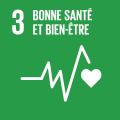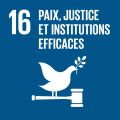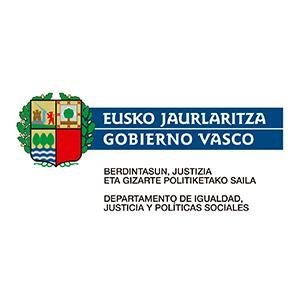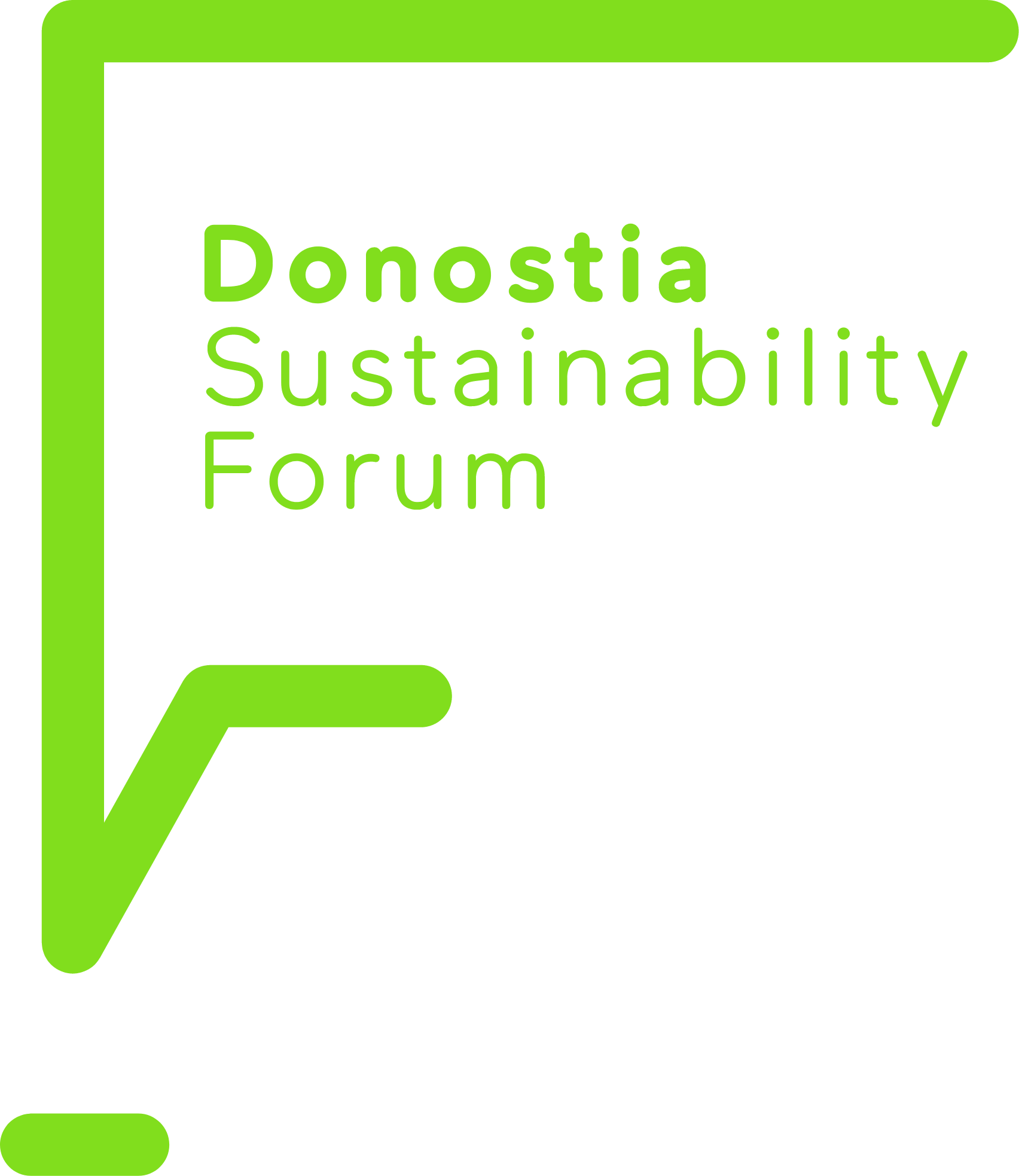
Aprendizajes mutuos desde el centro penitenciario de Donostia/San Sebatián (Martutene)
En torno a la sexualidad y la afectividad (i); en torno a la justicia restaurativa (ii)
Description
Se realizarán dos círculos de diálogo, previa coordinación con la dirección del Centro y las personas que lleven programas relacionados en el Centro Penitenciario de Donostia/San Sebastián, orientados a las necesidades e intereses de las personas participantes y del Centro. Con una metodología participativa, propia de los círculos de diálogo, se introducirán los temas por los dinamizadores y se facilitará una conversación sobre el tema propuesto, con base en preguntas, respuestas y comentarios. Finalmente, se proporcionarán más recursos accesibles para las personas interesadas que quieran profundizar en el tema. Tres alumnos/as de Posgrado participarán ayudando en la dinamización.
Objectives
Acercar la actividad de los Cursos de Verano a los centros penitenciarios.
Crear una atmósfera de diálogo y de conversación signficativa sobre temas de interés de las personas internas y del propio centro y sus trabajadores.
Resolver dudas concretas sobre temas complejos de interés de las personas participantes mediante una actividad de diálogo incluyente y respetuoso.
Proporcionar más recursos para el aprendizaje sobre dichos temas.
Activity directed to
- Personas internas del CP de Donostia/San Sebastián
Organised by
In collaboration with
Program
19-07-2023
Hablando sobre sexualidad y afectividad
“Registro“Presentation by the Director of the activity
Círculo de diálogo: Bienvenida y presentación
- Gemma Maria Varona Martínez | IVAC/KREI (UPV/EHU) - Doctora investigadora permanente
- Javier Gómez Zapiain | UPV/EHU - Profesor jubilado de Psicología de la Sexualidad y autor de numerosos libros sobre el tema (https://www.javiergomezzapiain.com/)
“¿Qué es la sexualidad y la afectividad? ¿Por qué son importantes en la vida dentro y fuera de prisión? I“
- Javier Gómez Zapiain | UPV/EHU - Profesor jubilado de Psicología de la Sexualidad y autor de numerosos libros sobre el tema (https://www.javiergomezzapiain.com/)
- Gemma Maria Varona Martínez | IVAC/KREI (UPV/EHU) - Doctora investigadora permanente
Break
“¿Qué es la sexualidad y la afectividad? ¿Por qué son importantes en la vida dentro y fuera de prisión? II“
- Javier Gómez Zapiain | UPV/EHU - Profesor jubilado de Psicología de la Sexualidad y autor de numerosos libros sobre el tema (https://www.javiergomezzapiain.com/)
- Gemma Maria Varona Martínez | IVAC/KREI (UPV/EHU) - Doctora investigadora permanente
Synthesis
20-07-2023
“¿Qué es la justicia restaurativa? ¿Por qué es importante en la vida dentro y fuera de prisión? I“
- Gemma Maria Varona Martínez | IVAC/KREI (UPV/EHU) - Doctora investigadora permanente
- Javier Gómez Zapiain | UPV/EHU - Profesor jubilado de Psicología de la Sexualidad y autor de numerosos libros sobre el tema (https://www.javiergomezzapiain.com/)
Break
“¿Qué es la justicia restaurativa? ¿Por qué es importante en la vida dentro y fuera de prisión? II“
- Gemma Maria Varona Martínez | IVAC/KREI (UPV/EHU) - Doctora investigadora permanente
- Javier Gómez Zapiain | UPV/EHU - Profesor jubilado de Psicología de la Sexualidad y autor de numerosos libros sobre el tema (https://www.javiergomezzapiain.com/)
Closing session
- Gemma Maria Varona Martínez | IVAC/KREI (UPV/EHU) - Doctora investigadora permanente
Directors

Gemma Maria Varona Martínez
IVAC KREI
Gema Varona is a lecturer in Victimology and Criminal Policy at the University of the Basque Country (UPV/EHU) and senior researcher at the Basque Institute of Criminology (Donostia/San Sebastian, Spain). In 1998 she was honoured with the Junior Scholar Competition Award of the International Society of Criminology for her research comparing restorative justice in Romani and non Romani communities. Former coordinator of the degree in criminology (2013-2017), current coordinator of the UPV/EHU MOOC on Victimology (2016-), and co-director of the Master in Victimology of that University (2014-), she is also the co-editor of the Journal of Victimology/Revista de Victimología. She has authored books on migration and human rights, restorative justice, juries and the construction of the forensic truth, women’s local safety audits, victims of terrorism, and victims of sexual abuse.
Speakers

Javier Gómez Zapiain
Sociedad Vasca de Victimología
Ex Profesor Titular Psicología de la Sexualidad de la Universidad del País Vasco / Euskal Herriko Universitatea. Más información sobre su larga trayectoria investigadora docente y divulgadora en: www.javiergomezzapiain.com/
Venue
Martutene prison
Paseo de Martutene, 1, 20014 Donostia/San Sebastián
Gipuzkoa
Martutene prison
Paseo de Martutene, 1, 20014 Donostia/San Sebastián
Gipuzkoa
Sustainable development goals
Agenda 2030 is the new international development agenda approved in September 2015 by the United Nations. This agenda aims to be an instrument to favour sustainable human development all over the planet, and its main pillars are the eradication of poverty, a reduction in equality and vulnerability and fostering sustainability. It is a unique opportunity to transform the world up to 2030 and guarantee human rights for all.

3 - Good health and well-being
Guarantee a healthy life and foster the well-being of all people of all ages. Key issues: universal healthcare coverage, sexual and reproductive health, reduction in the number of road accident casualties, pollution and chemical products, reduction in maternal and neonatal mortality, the end of epidemics such as AIDS, combating hepatitis and other water-borne diseases, drug and alcohol prevention, control of tobacco.
More information
16 - Peace, justice and strong institutions
Foster peaceful and inclusive societies for sustainable development, facilitate access to justice for everyone and construct efficient and inclusive institutions that are accountable at all levels. Key issues: a reduction in violence, mistreatment and exploitation, the rule of law, equal access to justice, a reduction in corruption and bribery, efficient and transparent institutions, participation, access to information, protection of fundamental freedoms.
More information






